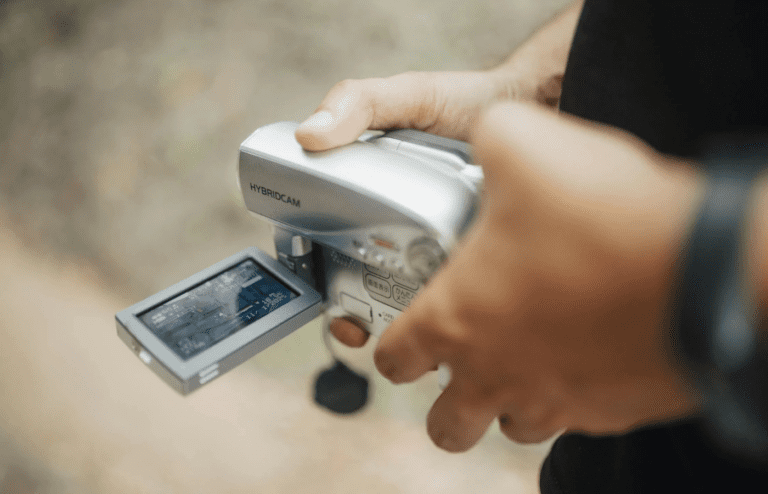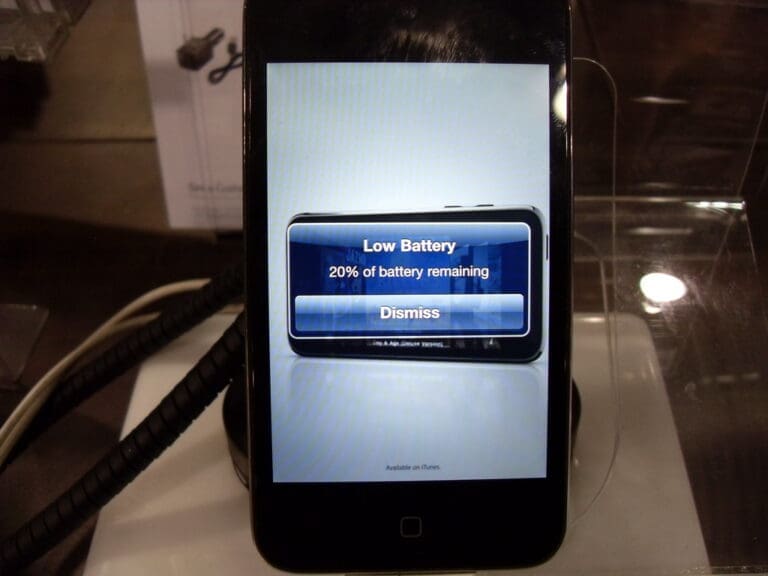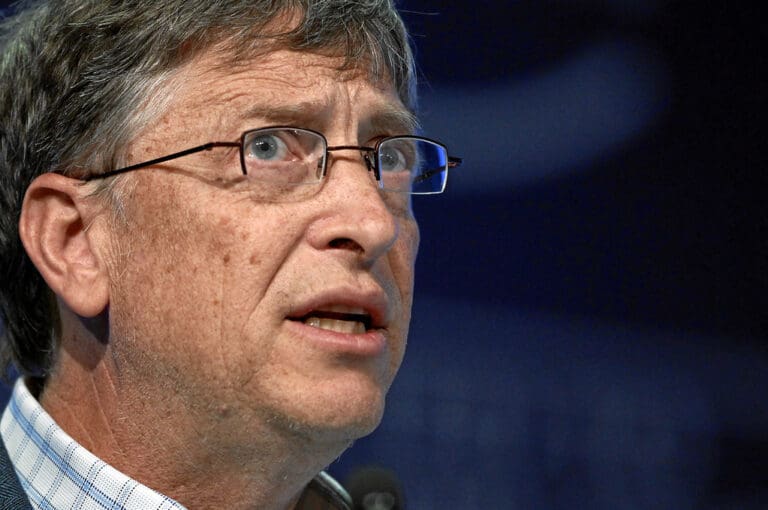In a world where advertising often blurs the lines of reality, consumers are frequently confronted with claims that seem too good to be true. From gadgets promising revolutionary breakthroughs to products touting miraculous benefits, the allure of almost magical results has often led to disappointment and controversy.
This article delves into some of the most notorious marketing claims that have unraveled upon closer scrutiny, highlighting the necessity of skepticism and the importance of accountability in advertising.
15. Triton Gills’ Impossible Underwater Breathing Device

Triton claimed their device allowed users to breathe underwater for 45 minutes using “artificial gills.” After raising nearly $900,000 on Indiegogo, they admitted the technology was impossible and refunded backers. They relaunched with a new claim of using “liquid oxygen,” but experts remained skeptical of its feasibility.
14. Johnson & Johnson’s Misleading Baby Powder Marketing

Johnson & Johnson faced allegations of deceptive marketing practices for its talc-based baby powder products. In 2024, the company agreed to pay $700 million to settle claims that it misled consumers about the safety of these products, which were linked to serious health issues. J&J has since discontinued talc-based baby powder in North America.
13. Red Bull’s “Gives You Wings” Lawsuit
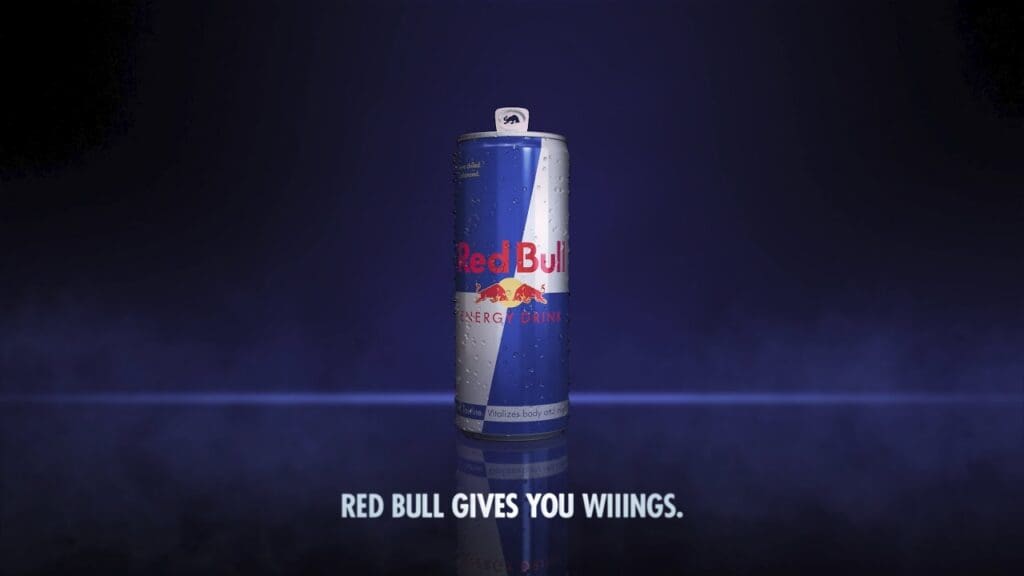
Red Bull settled a $13 million class action lawsuit in 2014 over its slogan “Red Bull gives you wings.” The suit alleged false advertising, claiming the drink didn’t provide superior benefits over coffee. Despite denying wrongdoing, Red Bull agreed to reimburse customers and revise its marketing claims.
12. L’Oréal’s Exaggerated Anti-Aging Product Effects

L’Oréal faced legal action for misleading claims about its anti-aging products. The company’s Génifique line was criticized for asserting it could “boost the activity of genes” and stimulate cell regeneration. The FDA warned L’Oréal that such claims portrayed the product as a drug without proper approval, highlighting the fine line between cosmetic marketing and false advertising.
11. Hyundai’s Overstated Horsepower Claims

In 2004, Hyundai admitted to overstating horsepower ratings on 1.3 million vehicles sold between 1992 and 2002. Some models had ratings inflated by up to 20 horsepower. The company settled a class-action lawsuit for $85 million, offering affected customers debit cards worth $50 to $225 or dealership credits up to $325.
10. Kellogg’s Misleading “Healthy” Cereal Labels
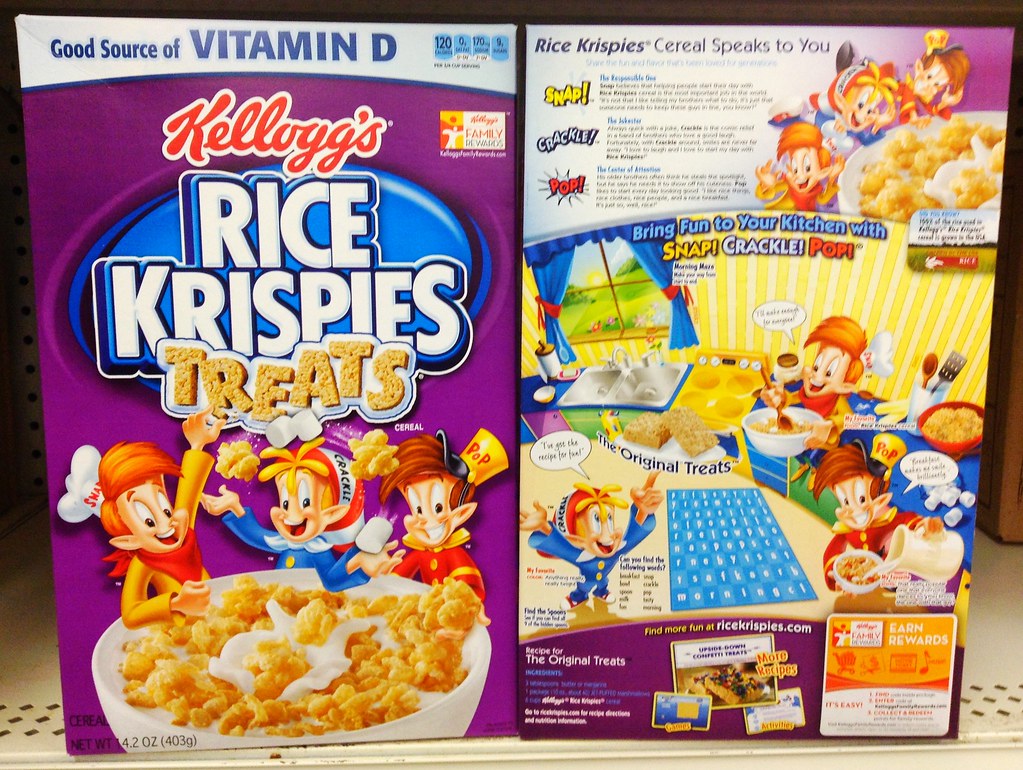
Kellogg’s faced legal action for marketing high-sugar cereals as “healthy” and “nutritious.” The company agreed to stop using misleading terms like “wholesome” on products like Frosted Mini-Wheats, which contain up to 12 grams of sugar per serving. This settlement highlighted the deceptive practices in the breakfast cereal industry.
9. New Balance’s Calorie-Burning Sneaker Exaggeration
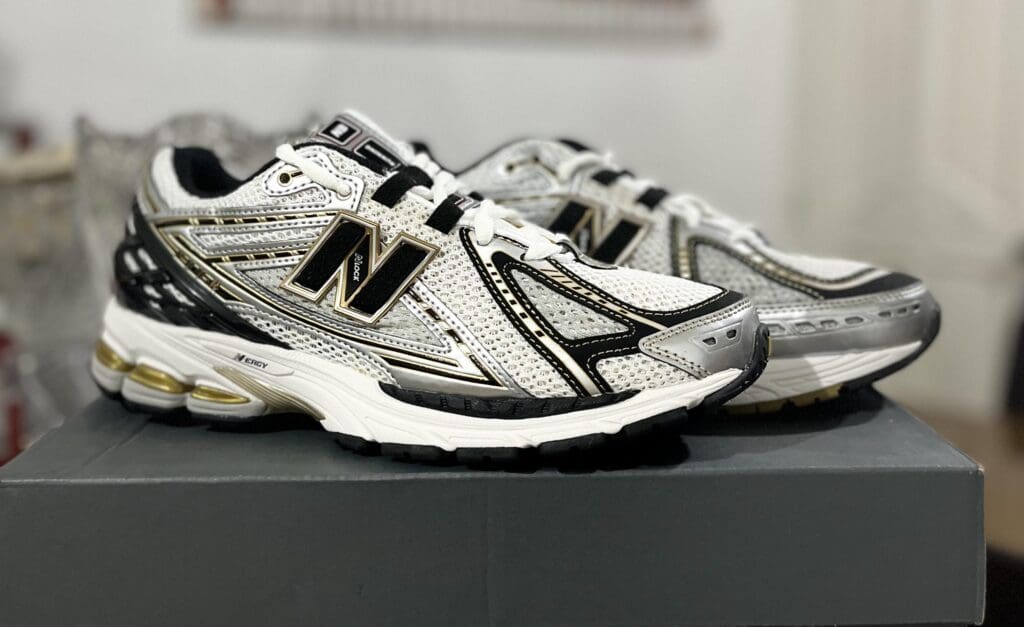
New Balance claimed its toning shoes could increase muscle activation by 29% and calorie burn by 10% compared to regular sneakers. However, these claims were not supported by scientific evidence. In 2012, New Balance settled a class-action lawsuit for $2.3 million over false advertising allegations related to these exaggerated health benefits.
8. Airborne’s Unproven Cold Prevention Claims

Airborne, marketed as a “miracle cold buster,” faced legal trouble for false advertising. The company paid $23.3 million in a class-action settlement and an additional $6.5 million to the FTC. Despite claims, no scientific evidence supported Airborne’s effectiveness in preventing or curing colds.
7. Google and iHeartMedia’s Fake Pixel 4 Endorsements
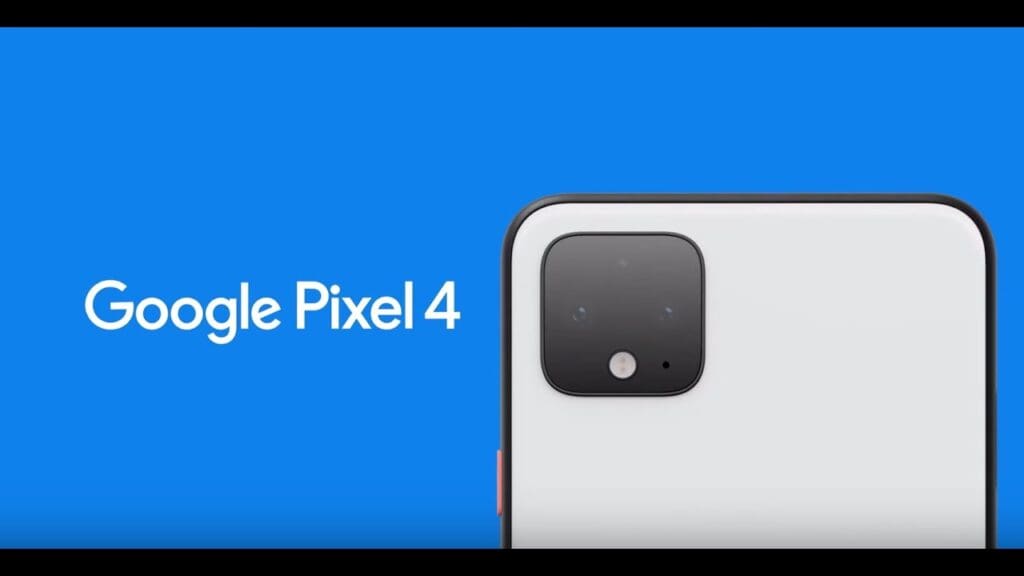
In 2019, Google and iHeartMedia aired nearly 29,000 deceptive radio ads featuring personalities endorsing the Pixel 4 smartphone without ever using it. The companies paid $9.4 million in penalties for violating truth-in-advertising rules, highlighting the prevalence of misleading influencer marketing in the tech industry.
6. TurboTax’s “Free” Filing Fallacy
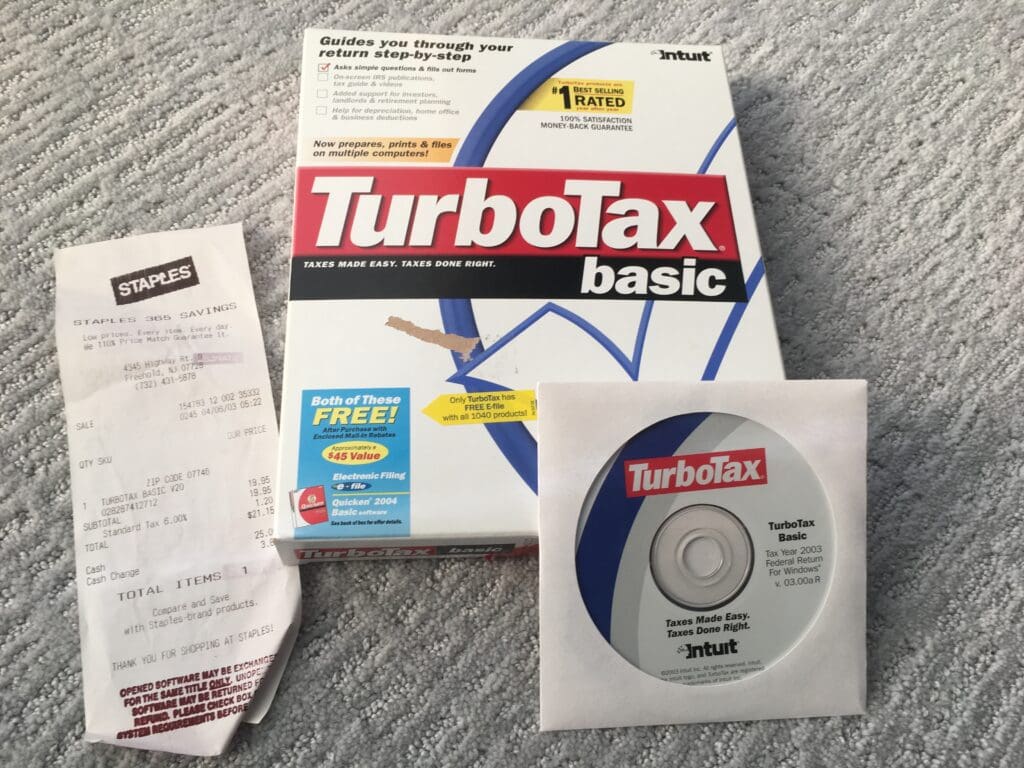
TurboTax’s “free free free” ads were deemed misleading by the FTC. Despite claims of free tax filing, two-thirds of taxpayers didn’t qualify. In 2024, Intuit was barred from advertising “free” services without clear eligibility disclosures. The company plans to appeal, maintaining its commitment to transparency.
5. Volkswagen’s Emissions Scandal

Volkswagen installed “defeat devices” in 11 million diesel vehicles worldwide, cheating emissions tests. The software detected when cars were being tested, adjusting performance to meet standards. In reality, these vehicles emitted up to 40 times the legal limit of pollutants. VW paid billions in fines and compensation.
4. Apple’s iPhone Battery Controversy
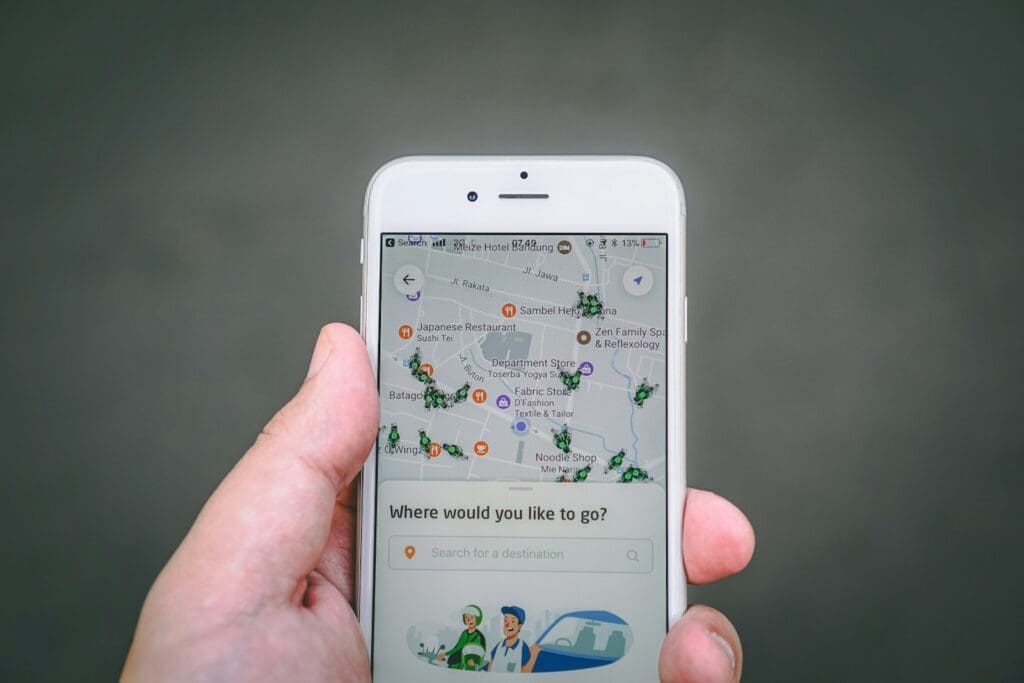
In 2017, Apple admitted to slowing down older iPhones to prevent unexpected shutdowns due to aging batteries. This revelation sparked outrage and lawsuits, as many believed it was a ploy to encourage upgrades. Apple apologized and offered discounted battery replacements, but the controversy highlighted issues of transparency in tech companies’ practices.
3. Facebook’s Data Privacy Fiasco

Facebook’s Cambridge Analytica scandal in 2018 exposed the company’s lax data protection practices. Despite claiming user data was secure, Facebook allowed third-party apps to harvest information from millions of profiles without consent, which was then used for political advertising. This breach of trust led to widespread criticism and regulatory scrutiny.
Read More: Facebook Sues FTC for Ability to Monetize Children’s Data
2. Lumosity’s Brain-Training Deception

Lumosity claimed its brain games could improve cognitive performance and prevent conditions like dementia. In 2016, the FTC fined the company $2 million for deceptive advertising, as there was no scientific evidence to support these claims. Lumosity had to notify subscribers and provide an easy way to cancel auto-renewals.
Read More: The 10 Hotel Red Flags Most Likely to Ruin Your Vacation
1. Snapchat’s “Disappearing” Photos Myth
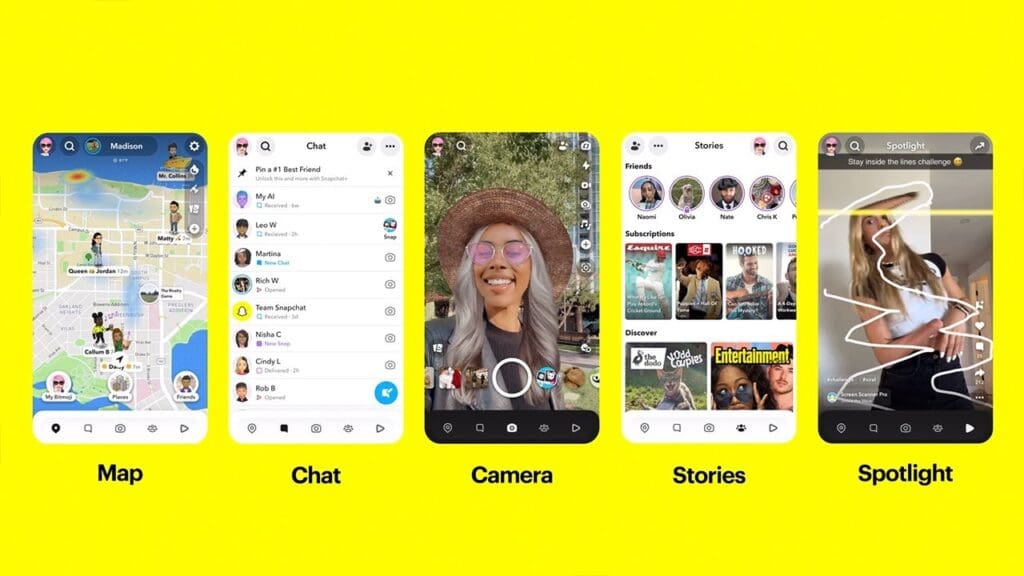
Snapchat built its reputation on photos that supposedly vanished after viewing. However, in 2014, the FTC charged Snapchat for deceiving users about the permanence of messages. Recipients could easily save snaps using third-party apps or screenshots, contradicting Snapchat’s claims of ephemeral content. This revelation shattered the illusion of privacy that initially attracted many users to the platform.
Read More: The Science of Lying (And How to Tell a Convincing One)


